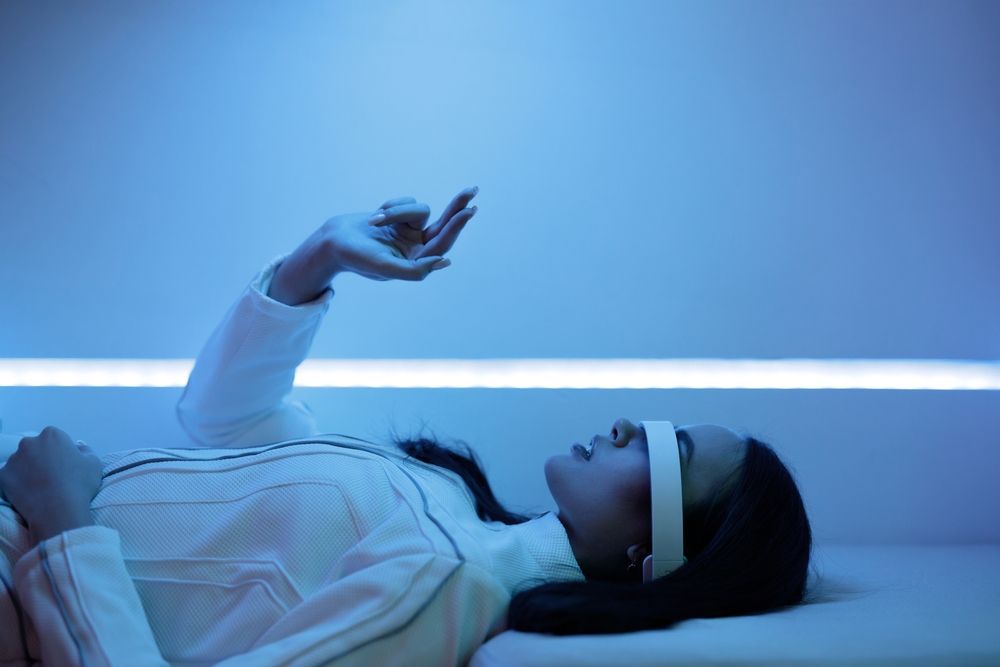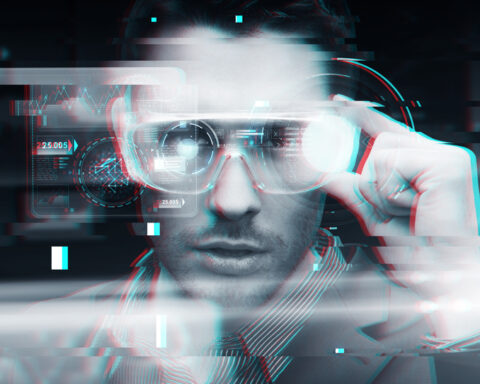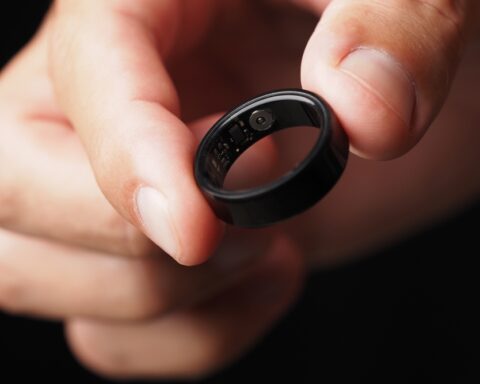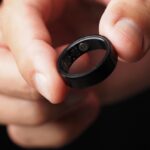Have you ever dragged yourself out of bed feeling like you barely slept, even though your phone swears you clocked eight hours? The newest wave of sleep tech wearables claims to not just track your shut-eye, but to actively help you wake up feeling refreshed. Think of it as the ultimate upgrade to your nightly recharge session.
From Sleep Tracking to Sleep Hacking
The first generation of wearables was all about numbers. Steps counted, calories burned, hours of rest logged. But here’s the twist—knowing you slept six hours doesn’t magically make you feel less like a zombie. That’s where the latest gadgets step in. They’re not just monitoring sleep, they’re attempting to optimize it.
These devices are layering in everything from gentle vibrations to AI-driven bedtime coaching, creating a tech-assisted bedtime routine that feels more like a personal sleep lab than just another gadget on your wrist.
Smart Rings, Smart Moves
One of the biggest players in the game is the smart ring. Sleek, subtle, and way less clunky than a smartwatch, these rings track metrics like heart rate variability, body temperature, and even micro-movements during the night. Unlike older fitness bands, they’re designed to be worn comfortably 24/7, so you forget they’re even there.
Some rings even claim to predict when you’re about to hit your deep sleep stage, syncing with alarms that only wake you during lighter phases. The result is supposed to feel like waking naturally on a lazy Sunday, even if it’s 6 a.m. on a Monday.
Sleep Masks That Aren’t Creepy
Forget the floppy silk masks that slide off your face by 2 a.m. Today’s high-tech sleep masks look like they belong in a sci-fi movie. These masks are armed with sensors that monitor eye movement, brain activity, and sometimes even temperature. Some models emit gentle light patterns that guide you into sleep, while others promise to lull your brain into deeper rest using subtle sound frequencies.
Yes, you may look like a cyborg when you wear one, but if it keeps you from feeling like a zombie, that’s a win.
The Bedside Wingman
Not all sleep tech is wearable. Some companies are rolling out under-the-mattress sensors that silently collect your sleep stats without strapping anything to your body. Others sync with smart alarms that gradually wake you with soundscapes, light simulations, or even gentle vibrations under your pillow.
The best part is that many of these connect to your phone apps, offering you nightly scores and coaching. It’s like getting a report card for your sleep, except instead of getting grounded, you’re nudged toward healthier bedtime habits.
Why People Are Obsessed
So why is this corner of tech blowing up? Simple. Everyone is tired of being tired. Between endless scrolling, late-night binge-watching, and stress that doesn’t quit, quality sleep has become harder to come by. Enter the promise of tech-assisted rest—gadgets that whisper “we’ll fix it” while looking cooler than anything your parents had on their nightstand.
People are also chasing optimization. Just like fitness wearables gamified working out, sleep tech is gamifying rest. Nothing gets a certain type of overachiever going like the thrill of beating last night’s sleep score.
Features That Actually Matter
When shopping for sleep tech wearables, a few features stand out as game changers.
- Smart alarms that wake you during light sleep instead of deep sleep
- Continuous monitoring of body temperature and heart rate for personalized insights
- Integration with meditation apps or soundscapes for easier wind-down
- Coaching tips that adjust to your habits rather than generic advice
- Battery life that doesn’t force you to choose between tracking sleep and tracking your day
The Limits of Sleep Tech
Before you toss your mattress out in favor of gadgets, it’s worth noting that sleep wearables can’t work miracles. They’re not medical devices, and while they can help you understand your patterns, they won’t cure insomnia caused by stress, diet, or deeper health issues.
Some critics even argue that obsessing over sleep scores can create anxiety, ironically making it harder to drift off. The trick is to treat them like tools, not a magic wand.
The FOMO Factor
Part of the appeal of sleep tech is cultural. People love sharing screenshots of their sleep scores, showing off sleek rings, and comparing REM stats like it’s a new kind of status symbol. Sleep wearables have become the new flex, right up there with standing desks and cold plunge tubs. If your group chat isn’t trading screenshots of their best night’s sleep, give it time—it’s coming.
What’s Next
The future of sleep tech is looking even wilder. Companies are experimenting with AI-powered recommendations that suggest not only when to sleep but what to eat or drink during the day to improve your rest. Some labs are even working on wearables that could gently stimulate your brain into deeper sleep stages, essentially hacking your dreams.
It’s both exciting and a little spooky, but for anyone desperate for that mythical “best night’s sleep,” it’s the kind of innovation people are lining up to try.
Waking Up to a New Era of Rest
Sleep tech wearables aren’t just about tracking hours anymore. They’re about reframing the way we think about rest—turning it into something measurable, improvable, and even shareable. Whether you’re into sleek smart rings, futuristic masks, or AI-powered coaching apps, the message is clear. Sleep is no longer just downtime, it’s a frontier for self-optimization. And if a gadget can make mornings suck less, that’s a revolution worth waking up for.





